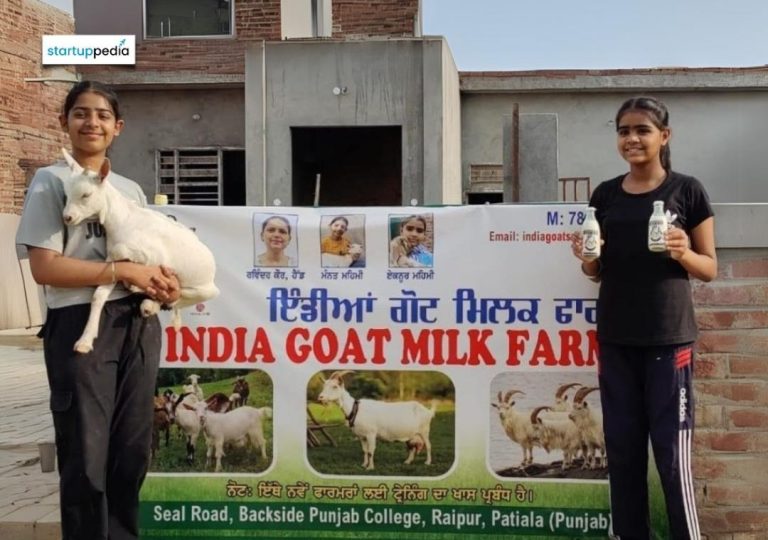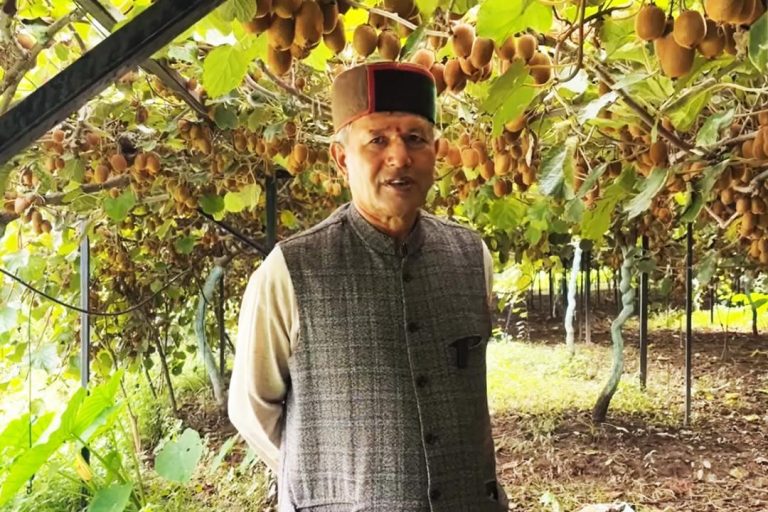
India’s New Obsessions: Quick Commerce & Short Drama Apps
In recent years, India has witnessed a digital revolution like no other. With the rise of e-commerce, social media, and streaming services, consumers are increasingly turning to digital platforms for their daily needs. Two of the fastest-growing trends in India’s digital landscape are quick commerce and short drama apps. In this blog post, we’ll explore the impact of these trends and what they mean for urban India’s digital habits.
Quick Commerce in India: A Booming Industry
In the financial year 2024, quick commerce in India crossed ₹7,500 crore, with a staggering 68% of metro users ordering at least twice a week. This growth can be attributed to the increasing demand for convenience and speed in consumer transactions. Quick commerce platforms like Zomato, Swiggy, and Dunzo have disrupted the traditional food delivery and grocery market, offering users the option to order at the click of a button and receive their products within minutes.
The success of quick commerce can be attributed to several factors. Firstly, it has enabled consumers to save time and effort by avoiding long queues and tedious shopping experiences. Secondly, it has provided a convenient platform for consumers to order food and groceries from the comfort of their own homes. Finally, it has also created new business opportunities for small and medium-sized enterprises (SMEs), allowing them to reach a wider customer base and increase their revenue.
Short Drama Apps: A New Form of Entertainment
In 2025, short drama apps saw a massive surge in popularity, with 300 million users, a 40% increase from 2023. These apps offer bite-sized, 3-5 minute long dramas that cater to a wide range of audience preferences. The success of short drama apps can be attributed to the changing preferences of Indian consumers, who are increasingly looking for engaging and immersive content that can be consumed on-the-go.
Short drama apps have disrupted the traditional TV and movie viewing experience, offering users a new way to consume content. They have also created new opportunities for creators, allowing them to produce and distribute content to a wider audience. The ad revenues for short drama apps hit ₹2,000 crore in 2024, making it a lucrative industry for creators and advertisers alike.
The Role of Speed and Personalization in Shaping Consumer Behavior
The success of quick commerce and short drama apps can be attributed to the role of speed and personalization in shaping consumer behavior. Both industries have leveraged technology to provide users with a seamless and personalized experience, whether it’s ordering food and groceries or watching short dramas.
Speed has become a key differentiator in the quick commerce industry, with consumers expecting their products to be delivered within minutes. This has forced companies to innovate and invest in technology, such as AI-powered logistics and real-time tracking, to ensure that products are delivered quickly and efficiently.
Similarly, personalization has become a key factor in the short drama app industry. Users are increasingly looking for content that is tailored to their interests and preferences, and creators are using data and analytics to produce content that resonates with their audience.
Conclusion
India’s digital surge has transformed consumer behavior, with quick commerce and short drama apps at the forefront of this transformation. As these industries continue to innovate and evolve, it will be exciting to see how they shape the future of consumer behavior in urban India.
In conclusion, the rise of quick commerce and short drama apps is a testament to India’s rapidly changing digital landscape. As consumers increasingly turn to digital platforms for their daily needs, companies that are able to provide speed, personalization, and convenience will be well-positioned to succeed.






